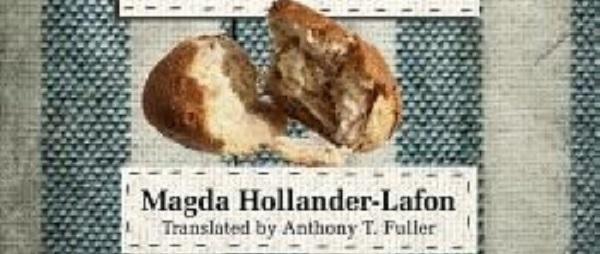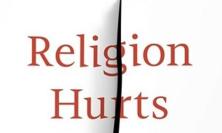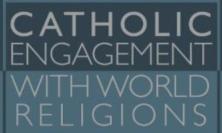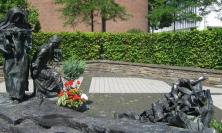We all have a story that we tell about ourselves, by which we identify who we are. The details and contours of the story become intimately known with retelling, like a familiar landscape into which we fit. Publishers call one of the most marketable types of such story ‘mis-lit’. It stands for misery memoir and describes stories that document unhappy childhoods, abusive relationships and survival of appalling disasters. It’s no surprise that people should wish to write such books. For many survivors of major trauma a great part of the healing process lies in telling the story as they experienced it and being believed. What is more surprising is why such stories are so popular with readers. Is there not enough trouble in most of our lives without our needing to sit back and read about other people’s misfortunes? Some people argue that reading such literature for entertainment diminishes the significance of the events described and distastefully brings out the voyeur in the reader, rendering us like rubberneckers who stand around gawking in fascination at an accident. Perhaps we read books like this in order to comfort ourselves that however tough our lives may be, at least they aren’t as bad as this. Perhaps we read them in order to feel thankful for a life more blessed by loving family, successful relationships and meaningful work. Or perhaps we read them in order both to exorcise our own fear of catastrophe and to gain some minimal insight into the inner struggle that has led many human beings to find within themselves the strength to withstand and survive the worst that life can bring.
One challenge lies in the fact that such literature can provoke compassion fatigue in us. We see horrors nightly on television, interlaced with baking, dancing and chat shows, live sport and rollicking comedy, and it becomes difficult to do the switch from frothy banality to bleeding tragedy in an instant. It all drifts into a moral and emotional blur, where nothing really shakes us out of our safety zone. Then every once in a while a book is published which grabs us by the throat, the mind and the heart and makes us look, think, reflect and allow ourselves to be challenged. Such a book is Magda Hollander-Lafon’s Four Scraps of Bread, a brief memoir, part poetry, part prose, of her experience as a child in Auschwitz. There are few such original accounts written by women and few in which the horror and cruelty are balanced by such extraordinary spiritual depth and resilience, and such unrelenting self-confrontation in search of hope.
Magda and her family were Hungarian Jews, among the 437,000 deported between May and July 1944. On arrival at Auschwitz-Birkenau her mother and sister were sent straight to their deaths but Magda claimed to be eighteen and was thus considered fit to work. A dying woman gave her four scraps of bread, saying, ‘Take it. You are young, you must live to be a witness to what is happening here’. This random act of generosity from a stranger, like the pair of boots she was later given by a guard, saved Magda’s life and subsequently became the pivotal experience from which she attempted to live up to the responsibility as a witness that she had been given. The book is not simply a memoir, nor a chronological account of the events that have been vividly recorded by many others. What makes it unique, and won it the Panorama-La Procure prize for books on spirituality in 2012, are the deceptively simple and brief poetic reflections on what the Holocaust did to the humanity of those who lived through it, both prisoners and guards. Magda’s initial reaction to her experience, like that of many fellow deportees, was silence. What can one say when faced with the unspeakable?
There is no easy spiritualising of her experience. Magda is candid about how much of her survival she owed to chance and a deep instinct for life. Her search for meaning principally hangs on questions of human motivation and the dynamics between people in desperate situations. She looks at cruelty, stupidity and fear but also at compassion, courage and the gaze between one person and another that, despite all blocks and misunderstandings, can provide a bridge between one person’s core and that of another. The concrete details of the work prisoners did, their attempts to find enough food or shelter or basic human dignity all add up to the unique framework of human beings which she tries to explore.
After liberation Magda was baptised as a Christian and subsequently became a child psychologist. Despite her appalling suffering and loss she came to see herself not as a victim of the Holocaust but ‘a witness reconciled with myself’. Her account of her hard-won personal growth to become a self-styled ‘devotee of hope’ shines with an unquenchable yearning for life despite the brutality surrounding her. Through the eyes of her memory we see the whole gamut of human reactions to unimaginable suffering and cruelty. We connect with them at extraordinary depth through the heart of a tortured child whose hope never died. This is a heart-breaking, compassionate, triumphant book filled with a rare insight into human evil and suffering
The reviewer, Gemma Simmonds CJ, is Director of the Religious Life Institute and a lecturer in Pastoral Theology at Heythrop College, University of London.






